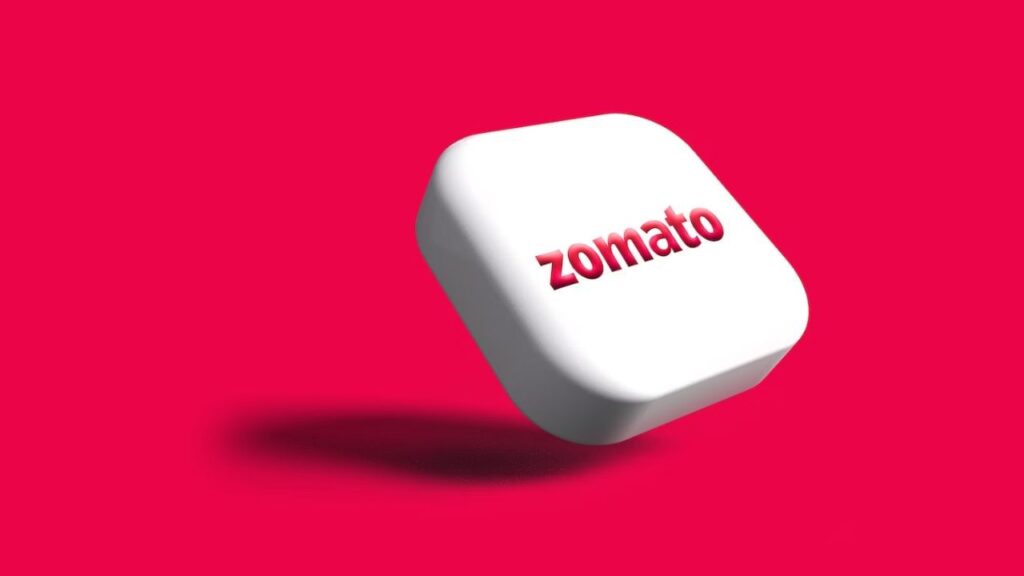In recent developments, Zomato has transformed from just a food delivery service into a multi-faceted platform, now encompassing various services including quick commerce and B2B supply delivery through platforms like HyperShure. A noteworthy addition to its portfolio is the newly launched ticket booking business. While the impact of these services on Zomato’s profits and shareholder returns will unfold in the future, one thing is clear: there’s now an opportunity for consumers to potentially double or quadruple their investment with Zomato’s ticketing platform.
Introducing Ticket Reselling Feature: “Book Now, Sell Anytime”
Zomato has recently introduced a reselling feature on its ticket booking platform, aptly named ‘Book Now, Sell Anytime’. This initiative aims to tackle a common pain point for consumers who often find themselves unable to attend events due to unforeseen circumstances, leaving them with tickets that can either be returned for a minimal refund after hefty charges or become a total loss.
How It Works
With this new service, users can now list unused tickets on Zomato’s platform. They have the flexibility to set the resale price, which can either be the original price, lower, or even higher based on demand. Once a ticket is purchased by another customer, the original ticket will be canceled, and the seller will receive the full listed amount after applicable taxes are deducted.
Examples of Ticket Reselling
To better understand the process, let’s say you bought a ticket for an A.R. Rahman concert for ₹500. If the demand increases, the ticket price could rise to ₹1,000 before the event. You will be able to list your unused ticket for up to ₹2,000. Such pricing guidelines help ensure sellers can maximize their return on unused tickets while remaining within reasonable limits.
Limitations and Safety Measures
One major concern with ticket reselling platforms is the potential for black marketing, especially in a diverse market like India, where ticket scalping has been an issue. Zomato’s CEO, Zeena Wilkasim, has assured consumers that several checks are in place to curb this practice. These checks include restrictions on the maximum number of tickets an individual can purchase or list and limitations on the number of tickets that can be sold in each category.
Comparative Analysis
This model of ticket reselling isn’t unique to Zomato. Several international platforms like TickPick, StubHub, Ticketmaster, Viagogo, and SeatGeek have already established similar services. Additionally, Indian startup “Tech My Ticket” has been providing ticket reselling services specifically for sports events, indicating a growing trend in the market.
Conclusion
Zomato’s latest initiative in the ticket booking segment not only enhances its service offerings but also provides consumers with a fresh avenue to make money from unused tickets. Scheduled to launch on September 30, this service could significantly impact how we perceive ticket purchasing and reselling in India, making it a win-win for attendees and service providers alike.

